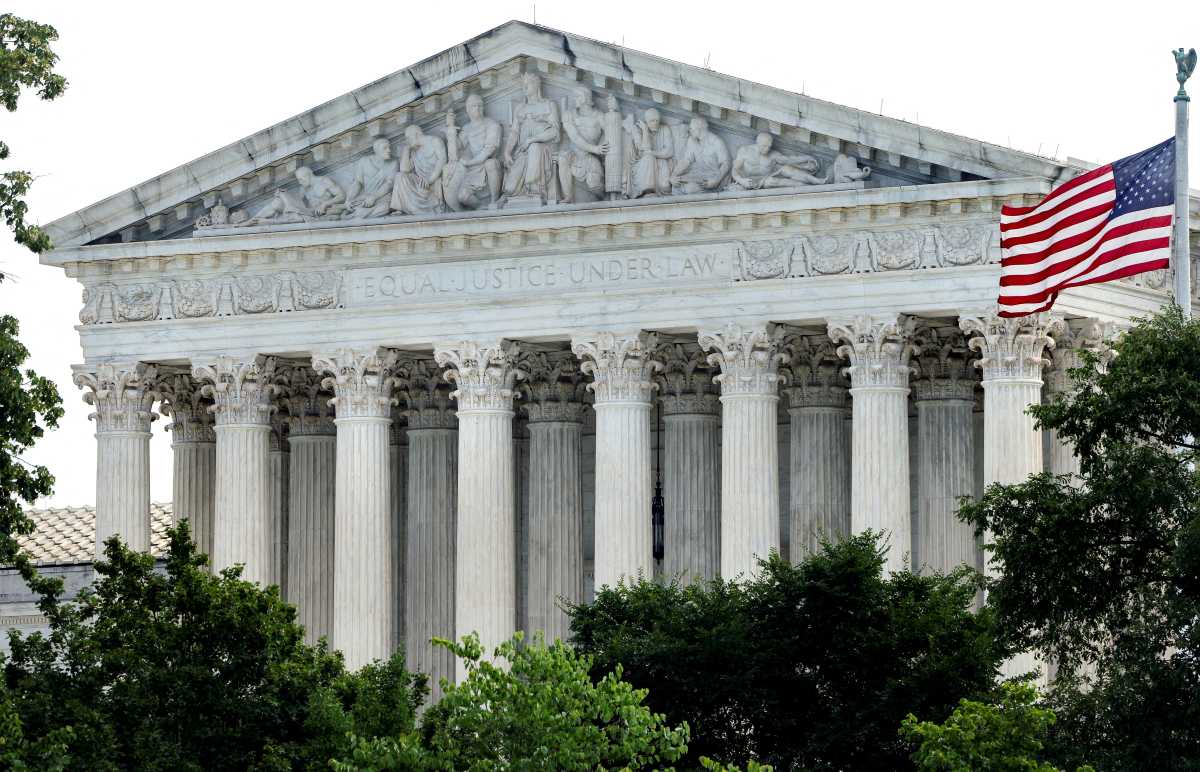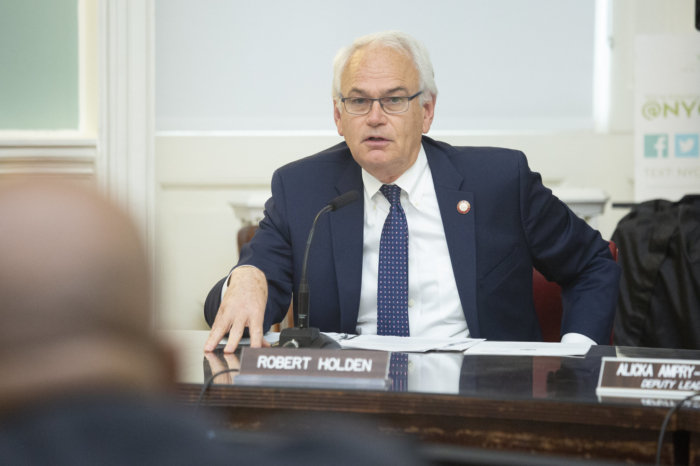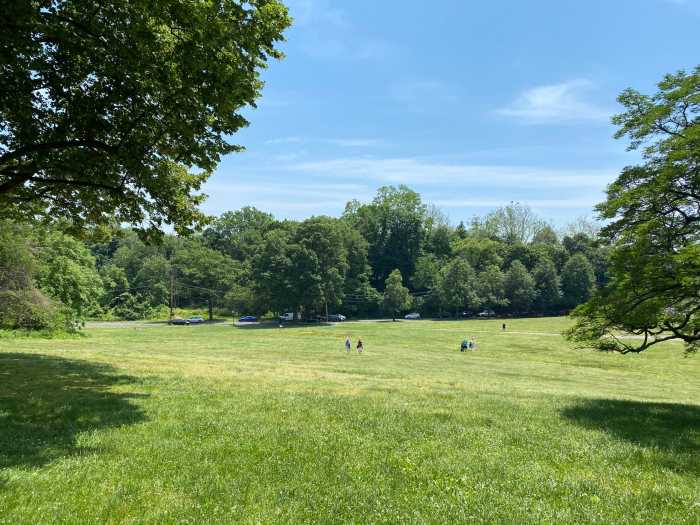
City officials sent a letter to Amtrak on Wednesday, criticizing the company for devastating a community garden in West Harlem.
Manhattan Borough President Gale A. Brewer and City Councilman Mark Levine stated in the letter that the national rail carrier, which has tracks along the garden’s fence, damaged harvest-ready fruits and vegetables during a recent application of weed killer.
“Jenny’s Garden, a thriving, active community garden located at West 138th Street abutting the rail right-of-way, has suffered thousands of dollars of damage,” wrote Brewer and Levine, who pointed out the destruction of pear, peach, apple, and fig trees, other fruit-bearing plants, multiple flowerbeds, and vegetables grown by garden members that were ready to be harvested.
Volunteers at the community garden were picking vegetables one weekend in September when they first noticed their normally green, vibrant crops turning brown.

Half of the beans that sat alongside the fence separating the Amtrak railroad tracks from the vegetables had turned bad, an effect one of the lead volunteers, Laurie Brown Kindred, said they would later learn was the result of weed killer being sprayed along the tracks.
“It was a normal day in the garden, we were harvesting. Some of us noticed some of our produce was starting to turn brown faster than the others,” said Brown Kindred, who has lived in Harlem for 12 years.
Brown Kindred, 43, and other volunteers continued to pick their produce – including collard greens, peppers, tomatoes, cucumbers – and took them home to eat, unaware they were potentially contaminated.
A few days later, Brown Kindred said the garden’s founder Jenny Benitez (who started the garden 43 years ago) noticed their fig tree was totally wilted, along with the marigolds planted along the fence.
“All of the stuff along the fence and creeping at least 8 to 10 feet further into the garden is dead,” she said.

Brown Kindred said Amtrak then confirmed to the garden members that weed killer was sprayed on Sept. 15, and that Amtrak had hired an outside company for this year’s spraying.
“Residents and garden members are rightly furious, and fearful of a repeat incident,” Brewer and Levine wrote in the letter to Amtrak.
The officials asked Amtrak to alert the community’s elected officials and community board at least 30 days before any scheduled herbicide sprayings. They also asked for Amtrak to meet with members of Jenny’s Garden to discuss compensation for their losses.
Brown Kindred said this will affect the amount of vegetables they can donate to the Broadway Presbyterian Church.
“We’re a huge part of the community,” she said. “The sad part of it is that final harvest that we were going to give to them is gone. The majority of the stuff we were going to donate — eggplant, okra, beans, collards, tomatoes, Swiss chard, cucumbers — is all contaminated.”
Brown Kindred said they cordoned off the areas of the garden that were affected and were trying to work with Amtrak to test and replace contaminated soil.
“We are filing a property damage report with Amtrak. We’re coming up with a list of immediate needs that we’d like them to do,” she said in September. “When you’re on the Amtrak tracks within our garden area, you see that it’s a garden. You see it is an active growing garden right on the other side of the fence — the complete negligence and complete disrespect for it.”
Jason Abrams, a spokesman for Amtrak, said in an email in September that, “Amtrak has been in contact with Mrs. Benitez and is currently investigating this claim.” Abrams said he could not confirm specific details until the investigation was completed, although Amtrak confirmed the existence of a general weed spraying program.
The garden, also known as Riverside Valley Community Garden, is part of the city Parks Department GreenThumb program. A spokeswoman for the Parks Department said the agency was aware of the issue and reached out to Amtrak.
“This is not a regular occurrence, and NYC Parks GreenThumb is working closely with this community garden to ensure the impacted areas are replaced with clean soil and (are) safe to plant,” spokeswoman Maeri Ferguson said in an email.
But Brown Kindred said time is of the essence.
“We need this taken care of before winter, before it settles into the ground,” she said. “It’s a time crunch.”
With Kayla Simas



































